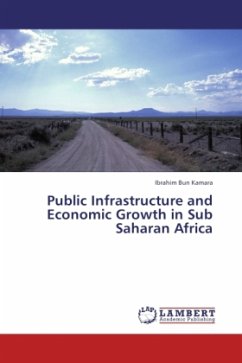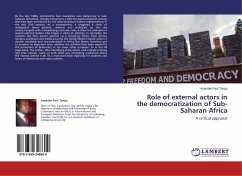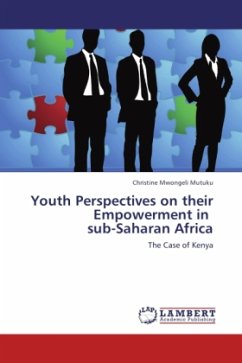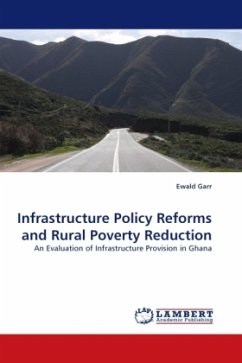This study is an investigation about the growth effect of public infrastructure in Sub Saharan Africa. Using an endogenous growth theoretical framework, public infrastructure is considered as an input in production. This allows infrastructure to affect economic growth directly as an input and indirectly through enhancing the productivity of other inputs. Using flow and stock variables of infrastructure with dynamic panel data econometric estimation methodologies, public investment in economic and social infrastructure sectors is found to have positive and significant contributions to aggregate per capita income. Additionally, both current and capital expenditure levels of government were found to have significantly positive effects to aggregate income. By implication, the levels of infrastructure and the sizes of governments in the sample of countries used for the analysis are not yet beyond their optimal levels. Hence provision of additional infrastructure through public investment is still justified.
Bitte wählen Sie Ihr Anliegen aus.
Rechnungen
Retourenschein anfordern
Bestellstatus
Storno








